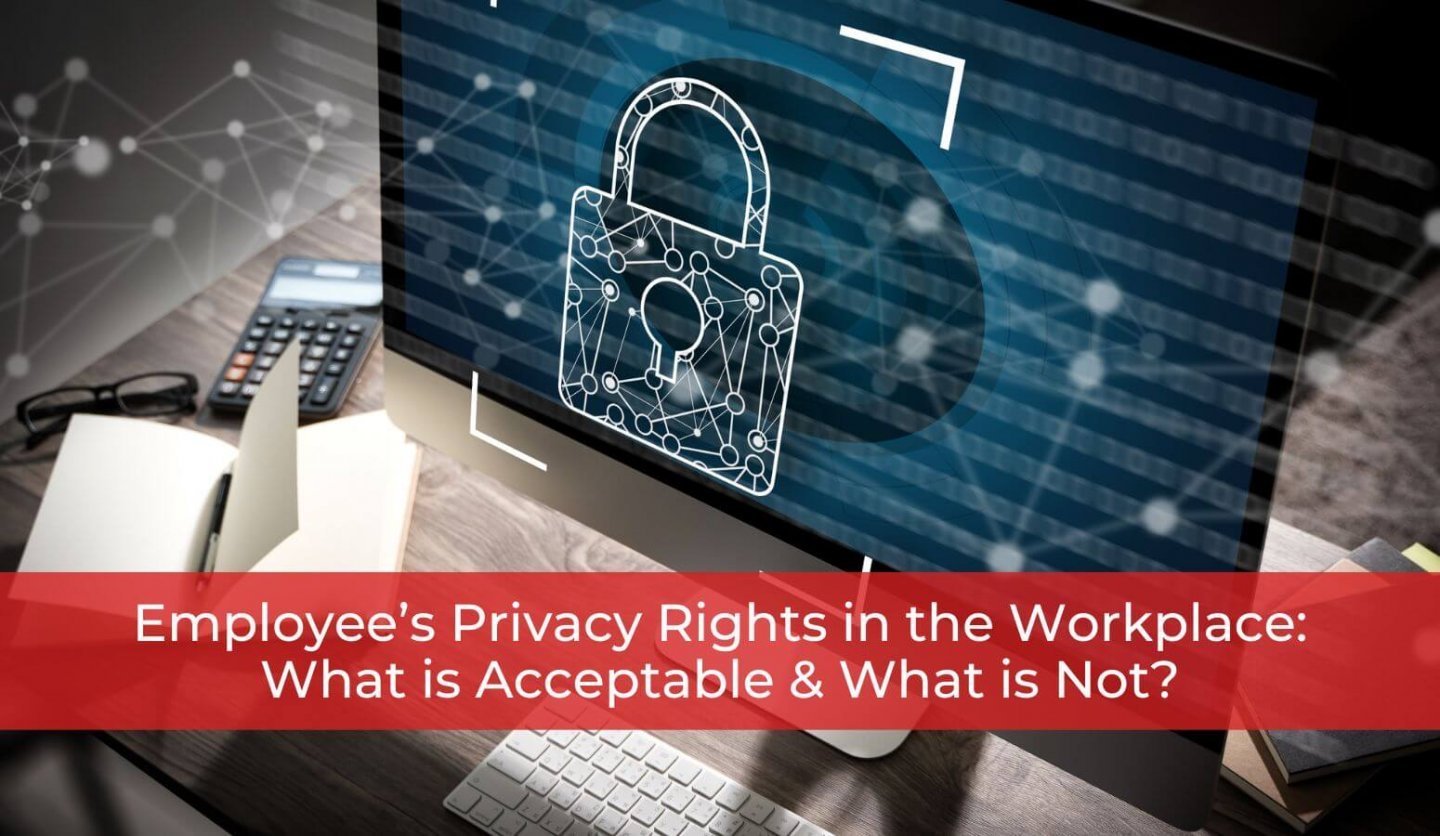
Employee’s Privacy Rights in the Workplace: What is Acceptable?
The Ontario Court of Appeal’s most recent case involving an employee’s privacy rights in the workplace provides that Section 8 of the Charter of Rights and Freedoms protects public school teachers from having their private correspondence read by their superiors.
In Elementary Teachers Federation of Ontario v. York Region District School Board, 2022 ONCA 476, the Court found that a school principal who read and took photos of private messages between teachers, having found these messages open on a school computer, had breached teachers’ Charter rights involving employee’s privacy rights in the workplace.
The Court distinguished the Supreme Court of Canada’s decision in R. v. M. (M.R.), [1998] 3 S.C.R. 393, which determined that a vice principal’s searching of students could not be considered a “search” for the purposes of Section 8 of the Charter, as the school authorities were permitted such searches to protect other students and enforce school rules and policies. Searches of teachers need not be conducted with the same level of urgency, because teachers are employees, and such serious issues are less likely to arise out of the employment relationship schools and teachers share than out of the relationship between schools and students.
Therefore, the employment relationship is clearly distinguished from the law around search and seizure in schools. This decision may help assuage teachers’ fears that their internal communications with one another about their superiors and their employment are protected from their employers. This is an excellent precedent for employees more generally because employees are now, more than ever before, communicating with each other primarily online, as online communication becomes increasingly normalized.
This case affirms employees’ privacy rights in the workplace to a certain degree. However, many employers ask workers to sign contracts that restrict their activity on workplace devices, such as cellphones and laptops. These contracts, if understood and agreed to by the employee, are usually binding, barring any unreasonable search and seizure by the employer as per Section 8 of the Charter. Employees should review any agreement of this nature that they sign, and employers should ensure that any agreement of this type that they draft suits their needs.
If you are an employer or employee who is unclear of employees’ privacy rights in the workplace and what employers can and cannot do with respect to employee surveillance, you can reach out to Whitten & Lublin. We are happy to provide insight and advice into your specific circumstances. If you are looking for employment lawyers and would like more information about what Whitten & Lublin can do for you, please contact us online or by phone at (416) 640-2667 today.
Author: Carson Healey



